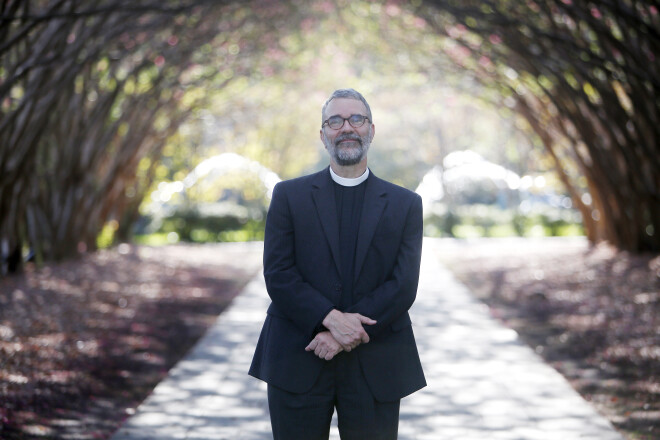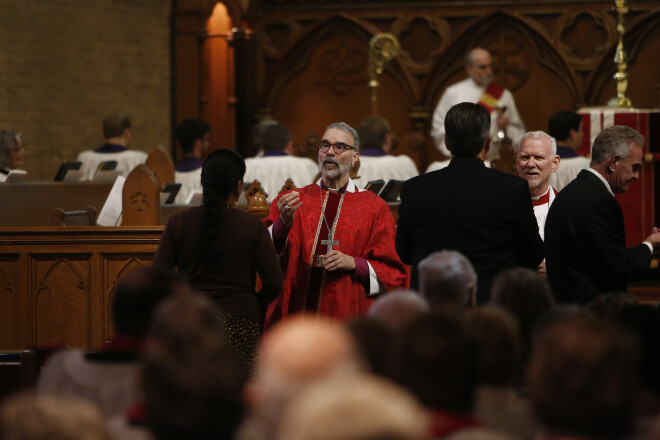Speaking the Truth in Love

So we are enjoined in Ephesians, and so the late Father Dan Westberg was a sterling example, whom I knew from our time together on the traditional side of the Theological Task Force on Marriage of the Episcopal House of Bishops seven or so years ago. It was the care with which he spoke, and the balance with which he thought that I especially recall, as well as the theological weight of his judgments. He entered vigorously into the friendly and lively theological debate of that group.
Diocesan Convention nowadays means a debate over marriage in the Episcopal Church and in the diocese. I welcome the democratic process which is part of our inheritance as Episcopalians. The question of whether such bodies can on their own innovate in the area of doctrine is another matter, about which I plan to have more to say. But we can air our views, and do so in Christian charity, and all that is also part of our calling as Christians. Furthermore, as Dan would have affirmed, we should emphasize the welcome all deserve in our Church, as well as the extension of pastoral care to all, though we may disagree in matters of theology. And of course we all stand for equality in society at large, and decry bigotry of any kind in our society.
At the heart of the traditional teaching on marriage is of course the clear witness of Scripture, from Genesis 1-2 to Mark 10 and Romans 1. In Ephesians 5 we hear that the complementarity and union of man and woman in marriage represents to us Christ and His Church. But Professor Westberg’s particular contribution to our work was to emphasize how the Biblical witness dovetailed with an argument from natural theology, from the structure of creation itself. How God has shaped the world and the role of marriage in the order of redemption fit together. The debate over marriage in the Church is not simply a political one, but rather the complementarity of male and female in both creation and in the sacramental life of the Church is an important truth in our faith.
I know that this issue has been a divisive one. I share the desire to get on with the Church’s mission. Still I hope that hearing and understanding sympathetically what the Scripture and the theological tradition have taught are still important. I believe Dan would have been a continuing advocate of a Church able yet to hear what it has received, and to think with it.
Peace,
+GRS




